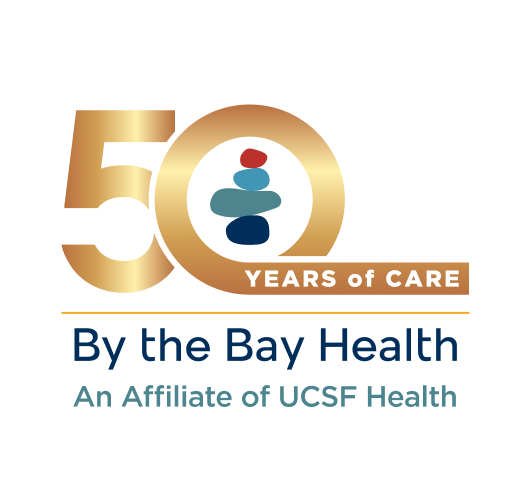Hospice by the Bay’s clinical control tower
At first glance, Hospice by the Bay’s Intake & Admissions department looks like any other office setup: a bullpen of gray, low-walled cubicles, heads bobbing up and down asking questions over the partitions, phones ringing, papers shuffling, file drawers opening and closing. What’s actually going on, however, is more like air traffic control at SFO on Thanksgiving weekend.

Much of HBTB’s frontline work starts here behind the scenes. Julie Smith, the Intake & Accounts Receivable Manager overseeing daily admissions and scheduling, knows this first hand. “We’re in constant triage — assessing patients and coordinating details with hospitals, doctors and nurses, discharge planners, ambulance drivers, medical equipment vendors, social workers, and of course patients and their families. We pivot and adjust, pivot and adjust. In a sense, it’s kind of like working in an ER because we don’t know who’s coming in from one day to the next.”
Intake Coordinators respond to all incoming calls, thoroughly vetting each one to ensure a quick and efficient response. Gathering accurate information is even more critical now that additional pre-screening is required for COVID-19 symptoms. “Every call requires full attention and listening with patience,” says Intake Coordinator George Kuria, LVN. “Sometimes referring hospitals aren’t familiar with our range of services, so it’s important that we work with them to determine the best plan of care for the patient. Other times we may be the first point of contact for a family member who has never dealt with Hospice care. They don’t know exactly what they need, and feel overwhelmed by making end-of-life decisions for someone they love. So we listen, give easy step-by-step details, and try to offer compassion that hopefully helps the required tasks feel less daunting.”
The COVID-19 pandemic adds another layer of logistics and stress to an already heavy load, but the Intake office space is unusually quiet now. To maintain social distancing, essential staff has spread out among the empty cubicles vacated by employees now working from home. Nurses use their cars as offices between patient visits, rather than stop by the office to print paperwork and make follow-up calls. Countless group texts and occasional Zoom meetings replace in-person conversations.
Admissions Manager Denise Young, RN, CHPN, is impressed with her teammates’ adaptability in a crisis. “Intake has always been slammed with work, but this era of COVID-19 requires even more of them, and they’re doing it without missing a beat. The Intake Coordinators, along with Provider Relations Liaisons, who aren’t able to visit facilities right now, are helping to complete informational visits over the phone, pre-evaluations of hospice eligibility, and administrative tasks in advance of nursing visits. This helps us minimize the time nurses spend in a patient’s home. Everyone is doing a phenomenal job.”
When asked if there is ever any time to let off a little steam, Julie confides, “some of us randomly burst out in a Song or Dance of the Day that relates to a problem we’re dealing with. This past week’s playlist included ‘Roller Coaster,’ ‘It’s a Miracle,’ and ‘Welcome to the Jungle.’”
For Intake Coordinator Chris Billingslea, “Having each other here (in the office) is huge, even though it can’t be everyone right now. Any moment of laughter or camaraderie really helps diffuse stress. It’s a bit rough right now, but we still have each other.”
Julie finds strength and energy in HBTB’s daily mission, which hasn’t changed. “People are still dying of cancer, heart failure and all other types of illnesses. That hasn’t stopped because of COVID-19, and those patients and their families need our support. Yes, COVID adds another layer of complexity to circumstances that are inherently challenging, but this Intake team is made up of the most dedicated staffers I know. I sincerely admire each of them and their desires to serve our communities with the best possible outcome, every day. They’re just unflappable.”

